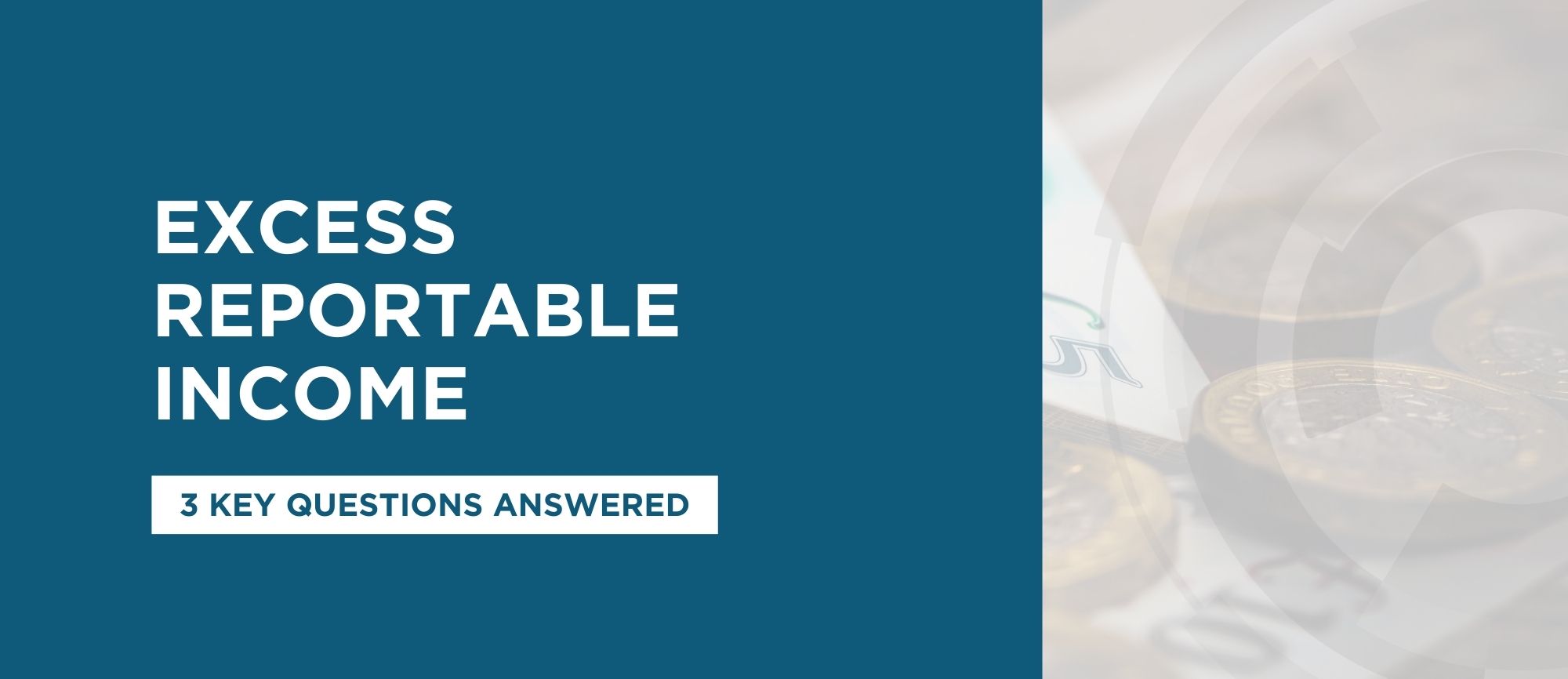NEWS & VIEWS
What is excess reportable income?
Excess reportable income is the profit earned by an offshore fund that isn’t distributed to investors, whether as dividends or interest.
Offshore funds can either be ‘reporting’ or ‘non-reporting’. When an investor sells a position in a non-reporting fund, HMRC will assume all income has not been taxed within the investment and will charge the profit on sale at the investor’s marginal income tax rate.
Reporting funds are different. They need to publish an excess reportable income rate for all the income recorded in the fund, confirming the amount that would have been paid if the fund had paid out. This undistributed income must be calculated each year, and investors must pay income tax as if they had received it. When they sell their fund units, they get extra base cost because they’ve already paid tax on the benefit of keeping the income within the fund. As a result, any gains are taxed as capital gains.
Does my firm need to provide offshore funds data?
Excess reportable income doesn’t affect every investor. But with more and more investors having a holding in an offshore reporting fund due to the popularity of managed portfolio services, excess reportable income is becoming an increasingly pressing issue. As a result, having access to accurate, up-to-date offshore funds data will set your firm apart from the competition.
Currently, HMRC is clamping down on unreported offshore interests and investment. According to a report by the Financial Times in September 2023, HMRC sent nearly 24,000 nudge letters in the 2022/23 tax year, up 31% on the previous year, as part of their effort to crack down on tax avoidance. If ERI information is missing or recorded incorrectly on a tax return, an investor can be fined up to 200% of the tax due, plus interest and potential late payment penalties. You can help your clients avoid hefty penalties and protect against reputational risks for your firm by ensuring that you have accurate, up-to-date information.
How can FSL help?
FSL’s ORF solution transforms the labour-intensive and time-consuming task of identifying funds, determining tax liabilities and reporting excess reportable income. ORF is tailored specifically to your firm’s needs, meaning you will receive the data you’re looking for on a targeted fund universe in the format you have requested.
All our data is verified, structured and traceable, with an internal validation process at each stage, so you can have complete confidence that your reporting will be accurate. We also provide the original source material so you can build trust with your clients and have full reassurance if any figures are challenged.
By outsourcing the task of identifying funds and determining tax liabilities to us, your firm will reduce operational costs, minimise risk and be free to focus on your clients.
Our service is competitively priced and if you also use our FSL CGiX software, you can integrate the two for a complete capital gains tax and income tax solution.
Get in touch to find out how FSL can support your business needs.

